Three C Study suggests 28-day efficacy window, 600-mg dose
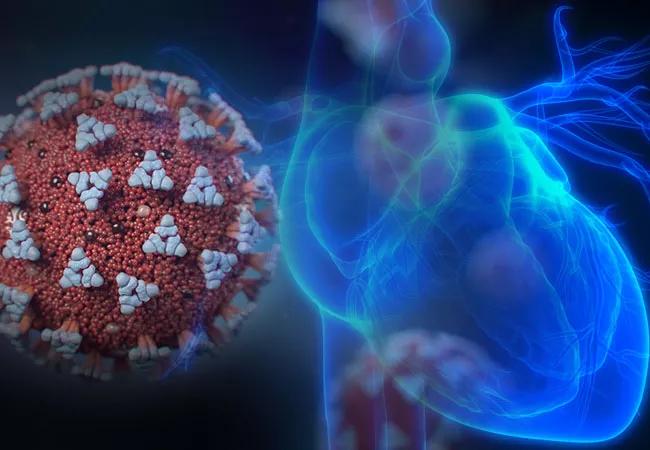
The monoclonal antibody canakinumab does not accelerate clinical improvement within two weeks of therapy among patients with COVID-19-associated myocardial injury and increased inflammation, finds a phase 2 study published online in the European Heart Journal Open. However, the trial revealed no safety concerns with the agent and provides support for future studies of high-dose canakinumab for potential efficacy benefits at four weeks after infusion.
Advertisement
Cleveland Clinic is a non-profit academic medical center. Advertising on our site helps support our mission. We do not endorse non-Cleveland Clinic products or services. Policy
“Our findings echo results of other trials of anti-inflammatory therapies that showed clinical improvement to be unlikely within two weeks of treatment administration in severe or critically ill patients with COVID-19,” says Paul Cremer, MD, a Cleveland Clinic cardiologist and lead author of the study, known as Canakinumab in COVID-19 Cardiac Injury (Three C Study). “However, at day 28 of our study, patients who received high-dose canakinumab were numerically more likely to show clinical improvement relative to placebo and low-dose canakinumab. This hypothesis-generating study makes a case for larger studies of high-dose canakinumab in patients with COVID-19 and myocardial injury in which efficacy is assessed at day 28.”
The Three C Study authors note that it is the first randomized controlled trial of an anti-inflammatory agent for COVID-19 conducted exclusively in patients with myocardial injury (i.e., elevated troponin) and heightened systemic inflammation, a particularly high-risk cohort.
“Myocardial injury has been reported in up to one-third of patients hospitalized with COVID-19, and it is linked with increased mortality,” observes study co-author Venu Menon, MD, Section Head of Clinical Cardiology at Cleveland Clinic.
Canakinumab — a monoclonal antibody to interleukin-1β — has drawn interest for this patient population in view of its established efficacy in autoinflammatory disorders and in patients with atherosclerotic disease and heightened inflammation. Notably, myocardial injury and systemic inflammation have been shown to be correlated in the setting of COVID-19, and initial production of interleukin-1 creates an inappropriate feedback loop.
Advertisement
“Our study was premised on the hypothesis that canakinumab could safely reduce time to recovery in patients with COVID-19 marked by myocardial injury and increased inflammation,” Dr. Cremer explains.
The Three C Study was an investigator-initiated proof-of-concept trial conducted at five hospitals in the Cleveland Clinic health system to assess for an early efficacy signal. Its cohort consisted of 45 patients hospitalized with COVID-19 who met the requirements of evidence of myocardial injury (i.e., troponin above the 99th percentile upper reference limit) and a C-reactive protein concentration above 50 mg/L.
Patients were randomized in a double-blind manner to a single intravenous infusion of one of the following, using 1:1:1 allocation:
The primary endpoint was time to clinical improvement on day 14 after infusion, defined as either improvement by two or more points on a seven-point scale or discharge from the hospital. Mortality at day 28 was the secondary endpoint, with clinical improvement or discharge at day 28 serving as an exploratory endpoint.
Results were as follows:
Advertisement
Although the study did not meet its primary efficacy endpoint, the authors note that the similar 14-day outcomes across all study arms may be related in part to the fact that none of the 10 patients who were intubated at baseline (22.2% of the cohort) showed clinical improvement within that time window.
“In this regard, our results align with those of other therapeutic studies among hospitalized COVID-19 patients,” Dr. Cremer observes. “Patients with COVID-19 and myocardial injury may simply be unlikely to show clinical improvement at two weeks, particularly if they require mechanical ventilation at baseline. Yet the numeric benefits we observed at 28 days with 600 mg of canakinumab — in terms of mortality and rates of clinical improvement — argue for larger investigations that use this higher dose and evaluate efficacy at 28 days. Given canakinumab’s linear dose-dependent pharmacokinetics and the absence of a safety signal with the 600-mg infusion, focusing on higher doses makes sense.”
The authors acknowledge the limitations of their study’s small size but note that randomized controlled trials have been in desperately short supply in the treatment of patients hospitalized with COVID-19. “Well-designed hypothesis-generating studies are needed, particularly for these high-risk, critically ill patients with myocardial injury and high levels of systemic inflammation,” says Dr. Menon.
“We hope these findings may lead the way to improved outcomes from better-refined anti-inflammatory treatment strategies in future trials,” Dr. Cremer concludes.
Advertisement
The study was funded by an investigator-initiated grant from Novartis.
Advertisement
Advertisement
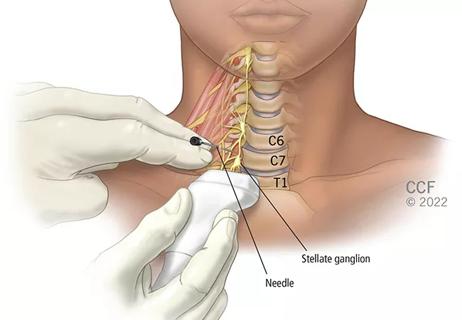
Patients report improved sense of smell and taste
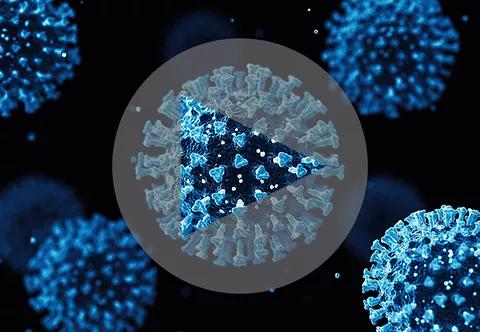
Clinicians who are accustomed to uncertainty can do well by patients

Unique skin changes can occur after infection or vaccine

Cleveland Clinic analysis suggests that obtaining care for the virus might reveal a previously undiagnosed condition

As the pandemic evolves, rheumatologists must continue to be mindful of most vulnerable patients
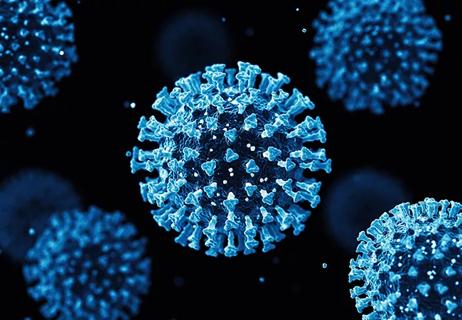
Early results suggest positive outcomes from COVID-19 PrEP treatment
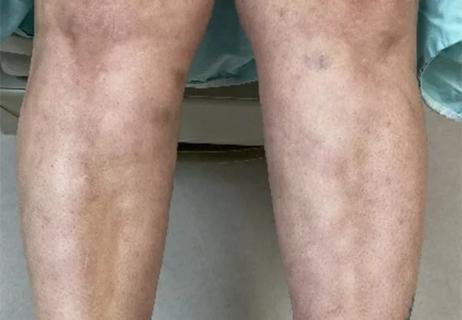
Could the virus have caused the condition or triggered previously undiagnosed disease?

Five categories of cutaneous abnormalities are associated with COVID-19